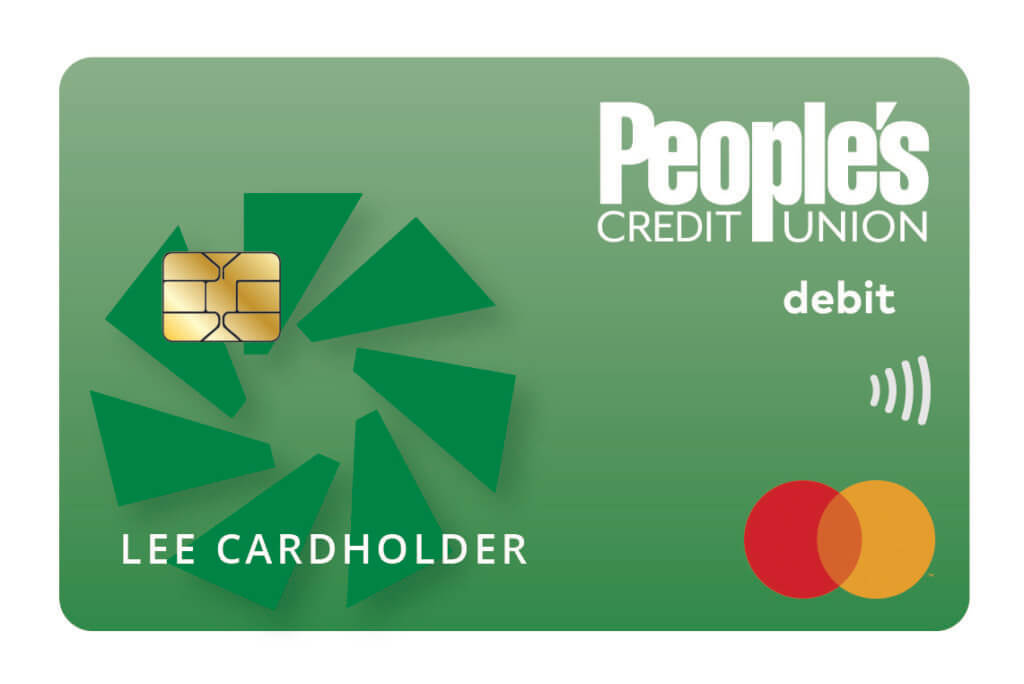The chance to score discounts and rewards from your favorite store may seem too good to pass up, but using a retail credit card requires a certain amount of discipline and a clear understanding of the card’s terms and conditions. Otherwise, you risk getting into trouble with high interest charges and out-of-control balances.
What Is a Retail Credit Card?
A retail credit card, or store credit card, can only be used at a single store or group of stores within the same brand network. Unlike loyalty cards, which don’t require any payment and just help you earn points when you make purchases, retail credit cards allow you to borrow money and require prompt payment to avoid high interest charges. While they may offer significant perks at your favorite store, they have fewer benefits than major credit cards and typically carry higher interest rates.
5 Retail Credit Card Mistakes
Avoid these common mistakes to save at the store through special rewards and promotions without damaging your credit health.
1. Not Taking Advantage of Bonuses & First-Purchase Discounts
Many retail credit cards offer rewards or discounts if you make a purchase – or spend a certain amount – shortly after opening the account. If you’re getting a retail card, it likely means you’re already frequenting that specific store, so just make sure you time your shopping to take full advantage of these benefits. But remember: you should still stay within your budget or you will risk owing more than you save.
2. Overspending to Earn Rewards
Spending within your means is essential with retail credit cards, or you’re likely to run into trouble. Even though exclusive sales, coupons, and “friends and family” events may be tempting, they are only beneficial if you know you’ll be able to pay off your card balance at the end of the payment period. Otherwise, you’re looking at high interest charges that can make it hard to keep up with payments and may negatively impact your credit score.
3. Carrying a Balance After a Special Offer
Some retail cards offer special financing offers that allow you to make purchases above a certain monetary value without paying interest charges for up to a year or more. While these offers can help you in the short term, especially with large purchases, they tend to come with deferred interest charges that kick in if you carry a balance past that special financing period. That means you’ll be stuck owing all the interest you accrued since your original purchase date. Be clear on the terms up front, and be sure to pay everything in full before the end of the special offer period.
4. Failing to Redeem Rewards Before They Expire
Rewards vary by retail card. While some stores offer rewards that never expire, some may disappear a certain amount of time after you earn them or if it’s been a while since you’ve used your card. Be sure to find out the expiration details specific to your card and redeem your rewards regularly to avoid any changes in points value by the card issuer.
5. Not Exploring Major Reward Credit Cards
While retail credit cards may offer a big discount on your first large purchase or an attractive rewards system, you may want to consider taking a closer look at the benefits of a major credit card instead. These cards often offer member rewards, including points, cash back, and miles that will usually save you more than the retail card’s offer. You can also look for major credit cards that are co-branded with specific retailers. These offer the perks of a store card but can be used anywhere cards from that credit network are accepted.
How Store Cards Can Impact Your Credit
Retail credit cards can help or hurt your credit – and the outcome depends entirely on how you use them. If you use the card monthly and ideally pay off the balance in full or at least pay the minimum balance, it can help build your credit history. If you miss a payment or don’t pay the minimum owed, the store will report your card to the big three credit bureaus and your credit score can take a hit. If you’re spending too much on retail cards and racking up interest due to only making minimum payments, they could drive your credit utilization up, which can also negatively impact your credit report and score.
Use Retail Credit Responsibly
By avoiding the five mistakes discussed above, you can take advantage of the perks of retail credit without getting yourself into a financial bind. Just keep in mind that retail credit can be a riskier card choice than a major credit card and may not always translate to the savings you’re expecting.
